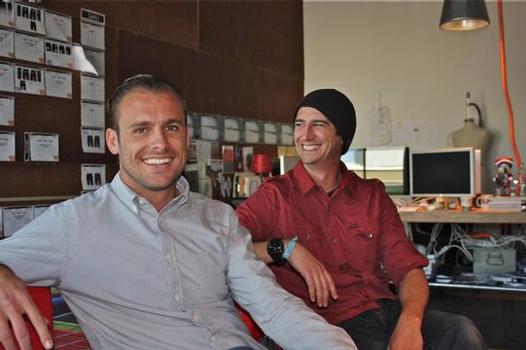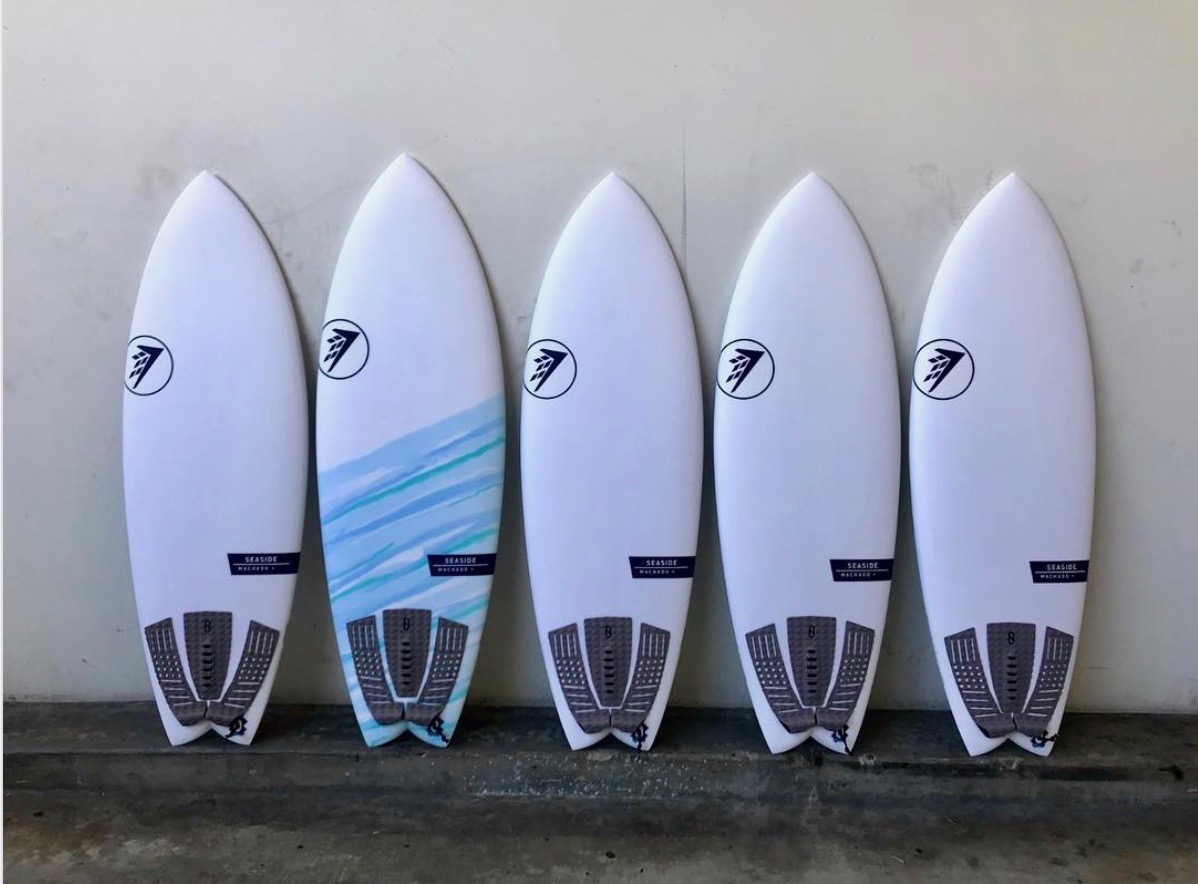Hurley secures patent for Phantom technology

Hurley International has secured a patent for the technology in its Phantom boardshort, and brought in 50 of its most important retailers to share the news at company headquarters in Costa Mesa Tuesday.
The company also brought in retailers just as the key spring and summer seasons get underway to affirm its commitment to partnering with its key retail customers, to creating innovative products, and to focusing on fewer, but bigger and better things.
In an interview, Mark Weber, Hurley SVP of Marketing and Brand, said Hurley wanted to explain to retailers any decision it makes about enforcing the patent – including any action against industry brands, other retailers, or anybody else – will be made through that lens of partnership and what is best for its key retail customers.
I asked Mark if Hurley had an intention of enforcing the patent against competitors in the industry if it thought there were violations. The patent, Mark says, encompasses components of material, construction and stretch and how those elements work together in the Phantom.
Mark said nothing has been decided or is being pursued at this point. What the patent really means to Hurley is “it’s a validation that this movement started here.”
 Mark noted that despite one of the toughest economic climates in decades, industry boardshort sales have grown in the past three years, margins are healthy and average price points have risen.
Mark noted that despite one of the toughest economic climates in decades, industry boardshort sales have grown in the past three years, margins are healthy and average price points have risen.
Since boardshorts are at the heart of the surf industry, “We believe if we as an industry own the boardshort we have a much better chance of controlling our own destiny,” he said.
Hurley in particular sees the patent as a huge asset going forward that Hurley and its key retailers can leverage together as a point of differentiation from the rest of the larger retail world.
The presentation for retailers focused on Hurley’s commitment to innovation, with the Phantom and Hurley’s elevation of the U.S. Open of Surfing as key examples. The company also noted its decision to pull out of 400 accounts a few years ago in favor of having more meaningful relationships with fewer retailers.
CEO Roger Wyett summed up Hurley’s strategy at the meeting – “doing a couple of things that are actually worth a damn and special.”
The company also emphasized to retailers that it has no plans to get into retail in a major way.
“We don’t intend to be retailers,” Mark said. “We rely on you.”
Retailers in attendance included PacSun CEO Gary Schoenfeld, Tom Brown from 17th Street, Sammy Duvall from Curl in Orlando, Dave Nash of Sun Diego, Duke Edukas from Surfside Sports, Don Niemann from Ron Jon’s, Josh Hansen’s from Hansen’s, Aaron Pai from HSS, and many more.
I asked Mark if Hurley would ask anything of the retailers that attended the meeting.
He said Hurley wanted to present its case about what the company is investing in, and there’s a hope that the retailers will embrace the story and the products and bring them to life in a meaningful way in their stores.
Hurley has learned, he said, “that the best way to garner support is to be the best partner. It’s not about leverage. It’s not a competitive mindset. If we can be the best performing brand, the best partner, give them product that sets them apart and gives kids a reason to walk in their stores, we hope that translates into more business for both of us.”
Hurley is also changing its marketing language around the Phantom from True Performance to True Innovation.
Here’s a video Hurley showed at the meeting about the Phantom.



![MIKE WEST THE DAILY 2[49]](https://shop-eat-surf.com/wp-content/uploads/2024/04/MIKE-WEST-THE-DAILY-249-600x400.jpeg)






